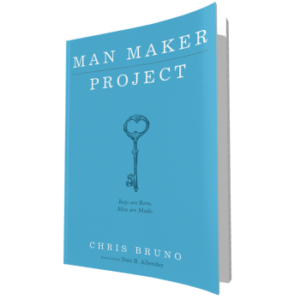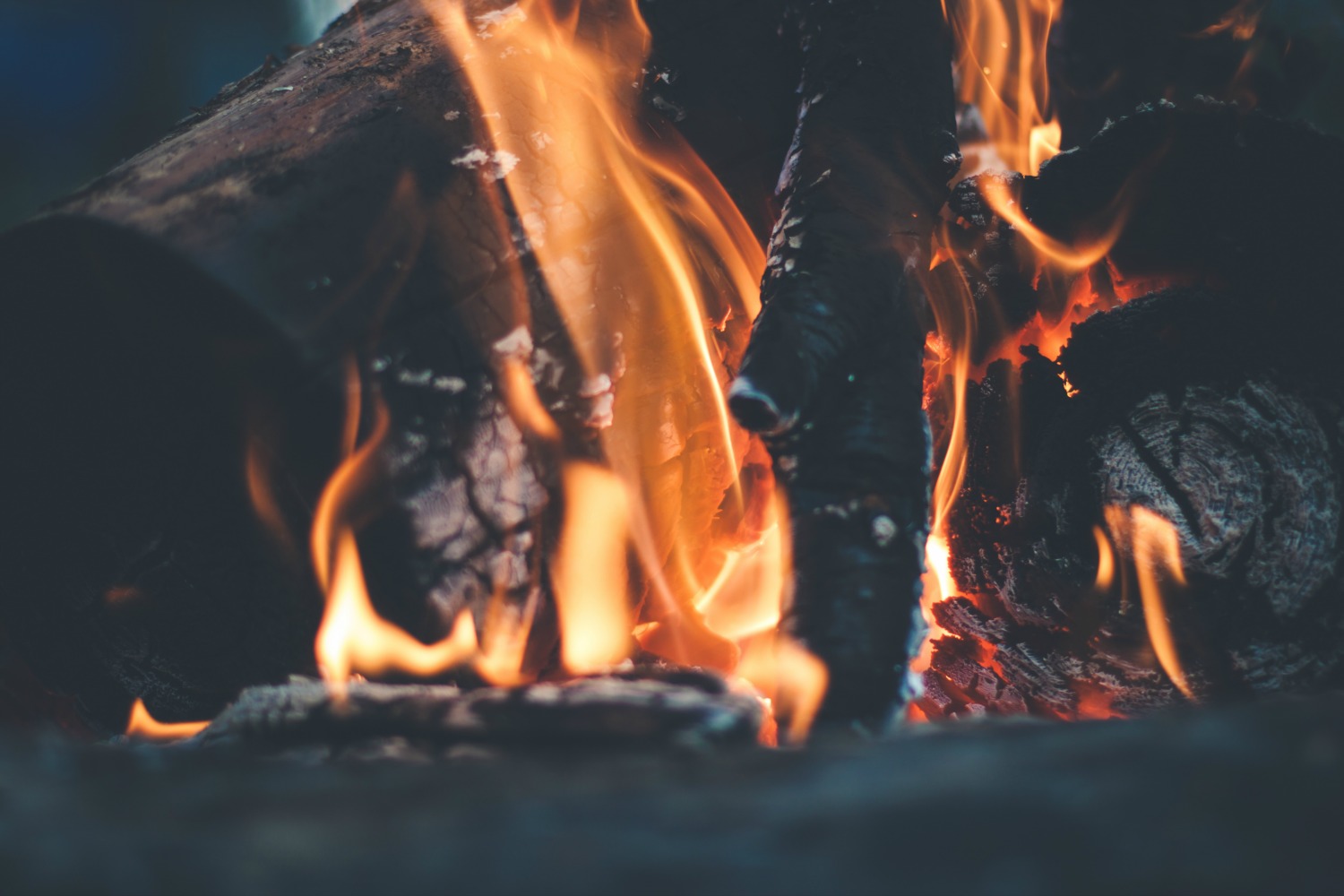Chris Bruno, a counselor in Colorado and a 2010 graduate of the MA in Counseling Psychology program at The Seattle School, has recently published a new book, Man Maker Project: Boys are Born, Men are Made. Here, Chris reflects on the importance of rites of passage to mark the growth of young men. You can learn more about the book and the work Chris does in this interview, and check out these two earlier posts from Chris—one about the difference between “father” as a noun and “fathering” as a verb, and one about what wrestling with his own story has taught Chris about fathering.
I am convinced that boys are born, but men are made. Not all males grow up to be men. Indeed, the biological imperative hurdles boys forward through their years of maturation, growing and hardening their boy bodies and brains with the stature and power of an adult. Society provides some semblance of rhythm to mark the passing of time and the graduation of boys to greater levels of intelligence or responsibility—diplomas, driver’s licenses, voting rights, drinking age, and eventually salaries and mortgages. None of these, however, makes a boy a man.
For far too many boys, something along the way has been missed. Something powerful has not been passed on. Something deeply important is lacking, and the rawness of the boy remains unfinished, hungry, and tenuous. From the outside he may look like a man, but on the inside he remains a boy. And the results are devastating.
Most of the ailments in our world today—from misogyny and violence against women to poverty and obesity, from the burgeoning sex industry to the increase in substance abuse and teenage pregnancy, from the rising divorce rate to the drastic drop in father-present homes—can be directly linked to the absence of intentional fathering (specific statistics are available here). Where fathers are overwhelmingly absent or unintentional, boys have no guide to show them the way.
 I believe the key to altering the course of our society away from devastation and towards restoration and goodness is through an intentional fathering process for our boys—a clear initiation of our boys into manhood. We must make men. “It is in the womb of masculine initiation that the boy’s metamorphosis into manhood occurs.”¹ Without a process, without a clearly defined movement from boyhood into manhood, boys wander in alone.
I believe the key to altering the course of our society away from devastation and towards restoration and goodness is through an intentional fathering process for our boys—a clear initiation of our boys into manhood. We must make men. “It is in the womb of masculine initiation that the boy’s metamorphosis into manhood occurs.”¹ Without a process, without a clearly defined movement from boyhood into manhood, boys wander in alone.
Ancient cultures knew this all too well, and for millennia entire cultures orbited around the intentional development of their boys as they raised them into manhood. One African proverb states: “If we do not initiate our boys, they will burn down the village to feel the heat.” Rites of passage for boys can be found in the history of almost every society in the world, regardless of geography or religion. “These practices created a predictable passage that societies handed down from generation to generation, offering boys an undeniable place in the manhood community. In many cases, these rites of passage served to protect the society from the tragic results of unfinished men.”² But our society does not have these rites. And it’s killing us.
I am the father of a teenage son, and I’m taking this to heart. If there is anyone in his life who is designed by God to make a man out of my boy, it’s me. And I fully embrace this calling, though not without significant fear and trembling. I do not have a tremendous rite of passage story of my own. In fact, I aim my intention at my son out of my own lack and from a narrative of confusion and pain. Yet I refuse to allow another generation in my family to pass by without standing in the gap and intentionally attempting to usher him into the fullness of the manhood God designed for him. It is already in him longing to be released, and I know that I, his father, hold the key.
Boys are born. Men are made. “I believe the greatest and most long-lasting gift fathers can give to their sons is found not in wills, wealth, or inheritance, but in the intentional fathering and blessing of a father’s true guidance from boyhood to manhood.”³ It is out of this belief and calling that I crafted a modern-day rites of passage process for my son and called it the Man Maker Project. It is my hope to inspire a generation of fathers who will embrace their responsibility—even despite their own pain—to move towards their sons with intentionality and purpose.
Dan Allender states in the foreword of the book: “Remember you are taking your son on the hunt of his life. May you give him truth, kindness, honor, and your trust—and in due season, the promise that he will become a man.” Indeed, it is the hunt of his life, and yours. Fathering our sons in turn fathers us.
¹Man Maker Project, p. 19.
²Man Maker Project, p. 20.
³Man Maker Project, p. 21.

